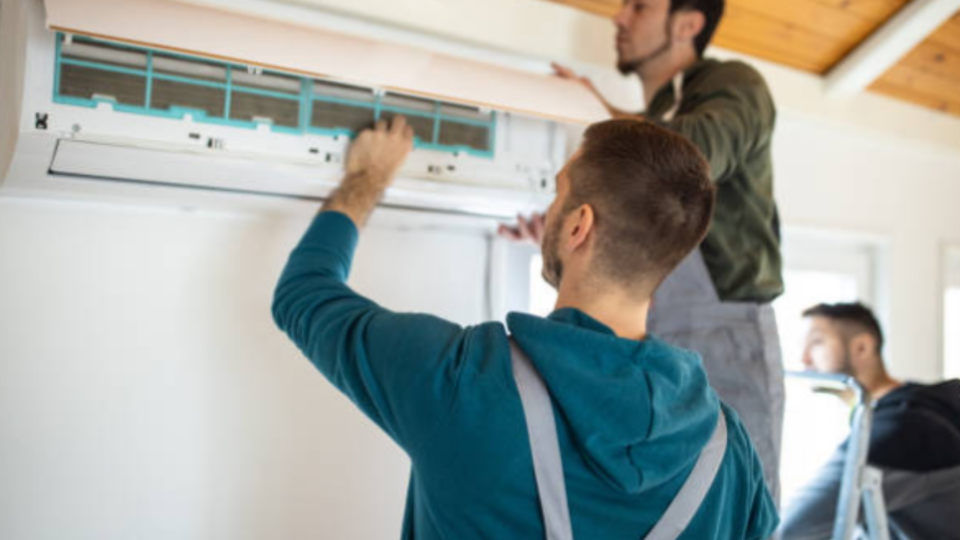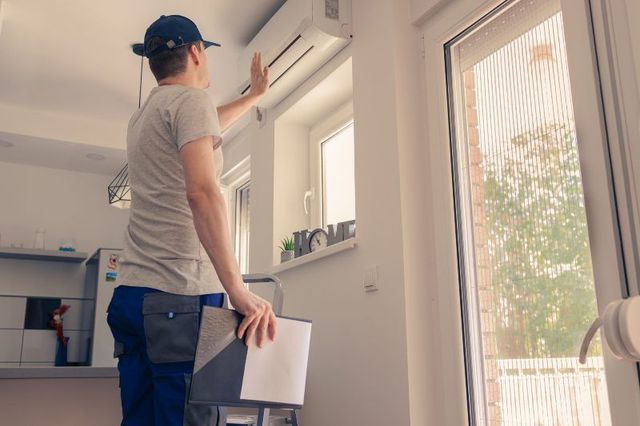
Introduction
Experiencing an unexpected odor in house vents can be unsettling, especially when it disrupts the comfort of your home. Understanding the causes of these odors is crucial for homeowners and business owners alike. In this article, we will explore the various factors that contribute to unpleasant smells emanating from your HVAC system and provide strategies to address them.
Common Causes of Odor in House Vents
1. Mold and Mildew
Mold and mildew thrive in moist environments, making your HVAC system a prime location for growth. When your air conditioning unit is not properly maintained, moisture can accumulate, leading to mold formation. This is a common cause of odor in house vents. To learn more about safe removal, visit mold removal.
2. Dust and Debris
Over time, dust and debris can accumulate within the ductwork. This buildup can create a musty smell when the system is in use. Regular cleaning and maintenance can help prevent this from becoming a problem. For tips on maintaining your HVAC system, check out HVAC maintenance.
3. Dead Animals
Small animals, such as rodents or birds, can sometimes find their way into your ductwork. If they die within the system, the decomposition process can lead to a particularly unpleasant odor. Regular inspections can help prevent this issue.
Identifying the Source of the Odor
4. Performing a Smell Test
To identify the source of the odor, perform a simple smell test. Walk through your home and note where the smell is strongest. This can help you locate which vent or section of your ductwork may be affected.
5. Professional Inspection
Sometimes, the cause of the odor may not be immediately apparent. Hiring a professional to inspect your HVAC system can provide a thorough diagnosis and solution. Professionals have the tools and expertise to identify issues that may not be visible to the untrained eye.
Prevention and Maintenance
6. Regular HVAC Maintenance
Routine maintenance is key to preventing odors in your HVAC system. This includes changing filters, cleaning ducts, and ensuring all components are in good working order. Visit air quality solutions for more tips.
7. Controlling Moisture
Controlling moisture levels within your home can help prevent mold and mildew growth. Use dehumidifiers and ensure your HVAC system is properly ventilated.
8. Seal Air Leaks
Sealing air leaks in your ductwork prevents outside odors and contaminants from entering your system. This also improves the efficiency of your HVAC system.
Addressing Specific Odors
9. Musty Smells
Musty smells often indicate mold or mildew. Addressing the moisture source and cleaning affected areas can help eliminate these odors. For more on seasonal causes, explore musty smell causes.
10. Burning Smells
Burning smells can be caused by overheating components or electrical issues. If you detect this odor, it is important to turn off your system and contact a professional immediately.
11. Chemical Smells
Chemical odors may indicate a refrigerant leak or other chemical issue. These should be addressed by a professional to ensure safety and proper repair.
Additional Resources
For further guidance on addressing HVAC odors, consider reading external resources such as Hop Energy’s guide on musty air conditioner smells.

FAQ
What should I do if I find mold in my vents?
If you discover mold, it’s important to clean it as soon as possible. You may need to hire a professional if the mold is extensive. Regular maintenance can prevent future mold growth.
How often should I clean my HVAC system?
It is recommended to have your HVAC system cleaned and inspected at least once a year. This helps maintain efficiency and prevent odors.
Can I prevent odors without professional help?
Yes, you can perform regular maintenance tasks such as changing filters, checking for leaks, and managing moisture levels. However, professional inspections are recommended for thorough care.
This article contains affiliate links. We may earn a commission at no extra cost to you.